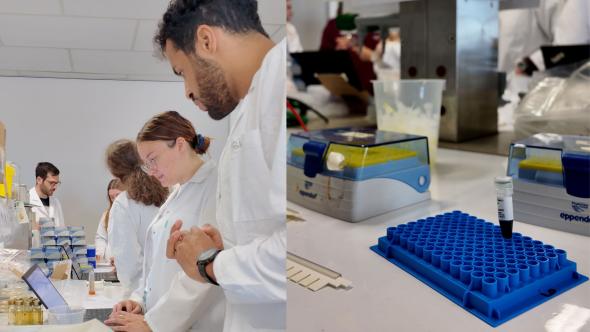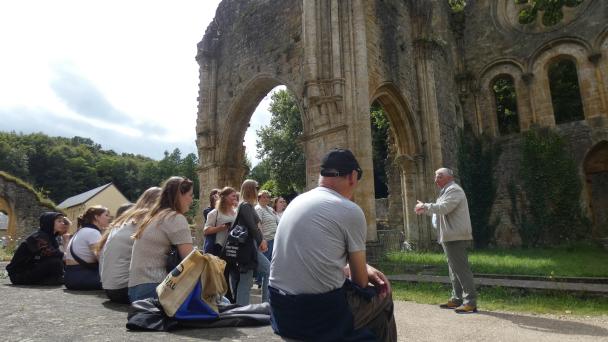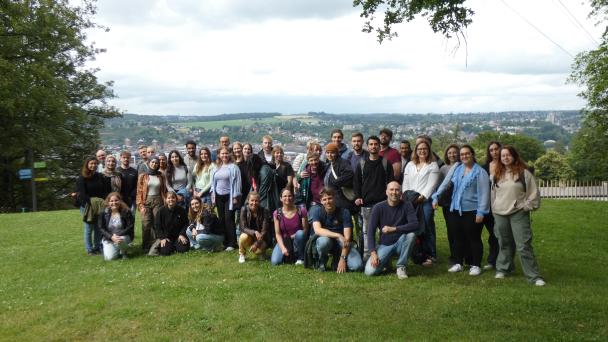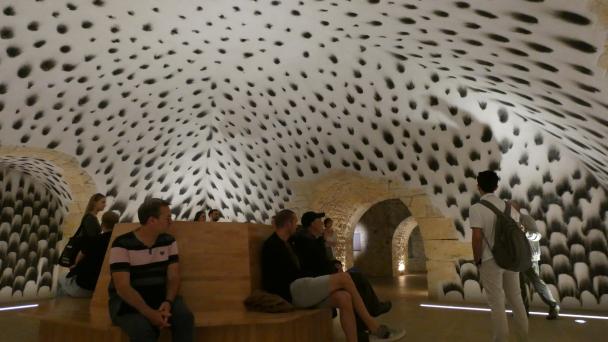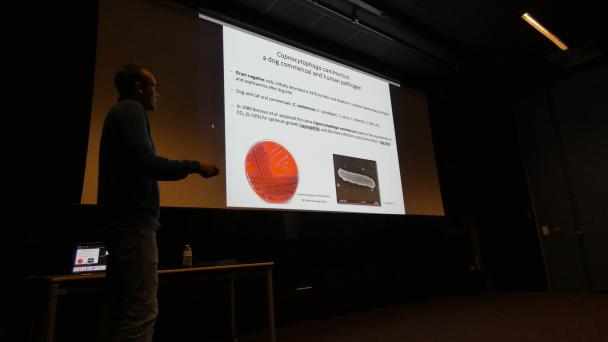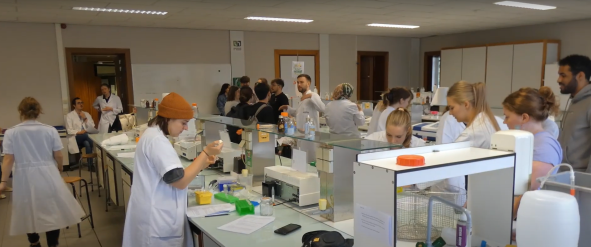In contrast to traditional long-term mobility stays, BIP is a more flexible and accessible alternative, particularly suited to students facing financial, personal or professional constraints. This program, designed in collaboration between three universities in different countries, combines virtual and face-to-face learning, offering a rich, hybrid pedagogical approach. "This is a unique opportunity for students to experiment with innovative teaching methods and strengthen their skills in an international context," emphasizes Isabella Fontana, Director of International Relations at UNamur.
The Summer School offered at UNamur this summer as part of the Master in Molecular Microbiology, builds on a solid European network that includes renowned universities such as Philipps-Universität Marburg (Germany) and Université d'Aix-Marseille (France). It has brought together a number of students from abroad and from UNamur. Led by Professor Jean-Yves Matroule, this summer school perfectly illustrated the benefits of the BIP program.
A total of 34 students from partner universities in Germany, France, Estonia and Belgium gathered in Namur. Over the course of a week, participants attended scientific lectures, took part in practical laboratory work, and enjoyed cultural activities such as visits to Namur or Orval Abbey. "The students had the opportunity to meet teachers and researchers from other universities, deepen their knowledge of molecular bacteriology and bacteriophage biology, and collaborate within international groups," explains Jean-Yves Matroule.
